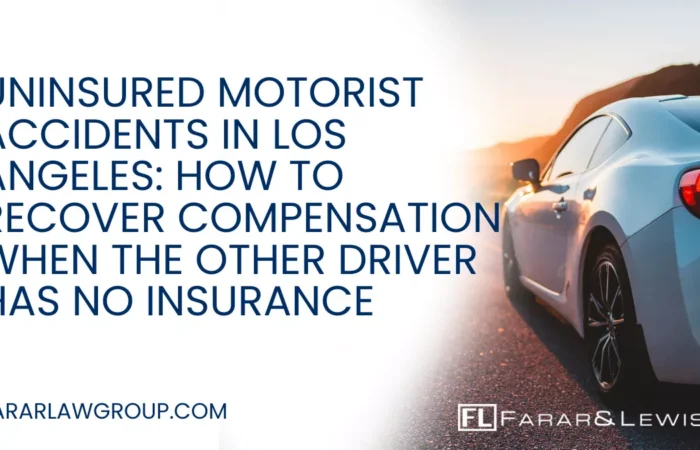Here’s a great article from Todd Spodek, his website is: https://www.divorceattorneynyc.com
A restraining order can be obtained for your safety needs, and still allow for the other parent to have visitation with his children. You would simply need to let the judge handling the restraining order case know that the “no contact” part of the order applies to you only, and not the children. Once this order expires, the “no contact” is invalid, and visitation will continue as it was outlined in the child custody agreement.
When a restraining order is obtained, it will only be valid for a specific amount of time, which is set by the judge or court. The time frames could be for six months or a year. Regardless of how long the restraining order is valid for, you will be able to read its limit at the bottom of the order. Once the order has expired, as the victim, it is your responsibility to go back and ask the court or judge to make the restraining order good for another year.
Many people are under the misconception that a restraining order can only be extended if new crimes or situations have taken place between the court hearings; this is not true. If you are still afraid that an ex-spouse or ex-partner is abusive and may harm you and your children, you can petition to have the order extended. Another option is a permanent restraining order. This can only be done after the first restraining order has expired, or at later hearings after the order has been extended for a second or third time. However, by not doing anything, the order will expire and the terms listed under the order are no longer valid.
So, how does this affect custody? It does not. Remember that the court handling the restraining order will develop an order that allows the abusive parent time to have contact with her children, it does not give the abusive parent visitation rights. Legally enforceable visitation rights can only be established in a family law court. A family law judge will handle the divorce case, which includes child custody. Family court will also handle cases involving paternity for children whose parents are not legally married. Therefore, if a restraining order expires, the visitation order that was established in Probate and Family Court is still valid.
If the restraining order had a “no contact” clause for the children listed in the divorce, or from a previous relationship, the abusive parent will have to petition to have it dropped. If the judge handling the restraining order approves the order and prevents the abusive parent from contacting his children, regardless of what the Probate and Family Court order states, the abusive parent will not be allowed to contact his children while the order is valid. In some cases, Family Court will create a visitation order that allows for supervised visitation to the non-custodial parent who has a restraining order. However, if the judge handling the restraining order does not allow contact with the children listed in the order, the abusive parent can petition, or he will have to wait until the restraining order has expired to see his children.
After the restraining order has expired, if the abusive parent does not agree with the terms of the visitation, which were determined while the restraining order was still valid, she has the right to petition for a modification of the child custody agreement. This is a motion that each parent can file at anytime. Once the modification has been filed, both parties, and their lawyers, have the ability to conference together and come to an agreement, in regards to increasing or decreasing parenting time. However, if no agreement can be made, a magistrate or judge will need to hear the case and make a decision based on the evidence provided during the court hearings.
It is best to seek legal advice from a divorce and child custody lawyer who can make sure your rights are heard at all times. An experienced lawyer will work hard to keep your children protected, and fight for your visitation and custody rights!


